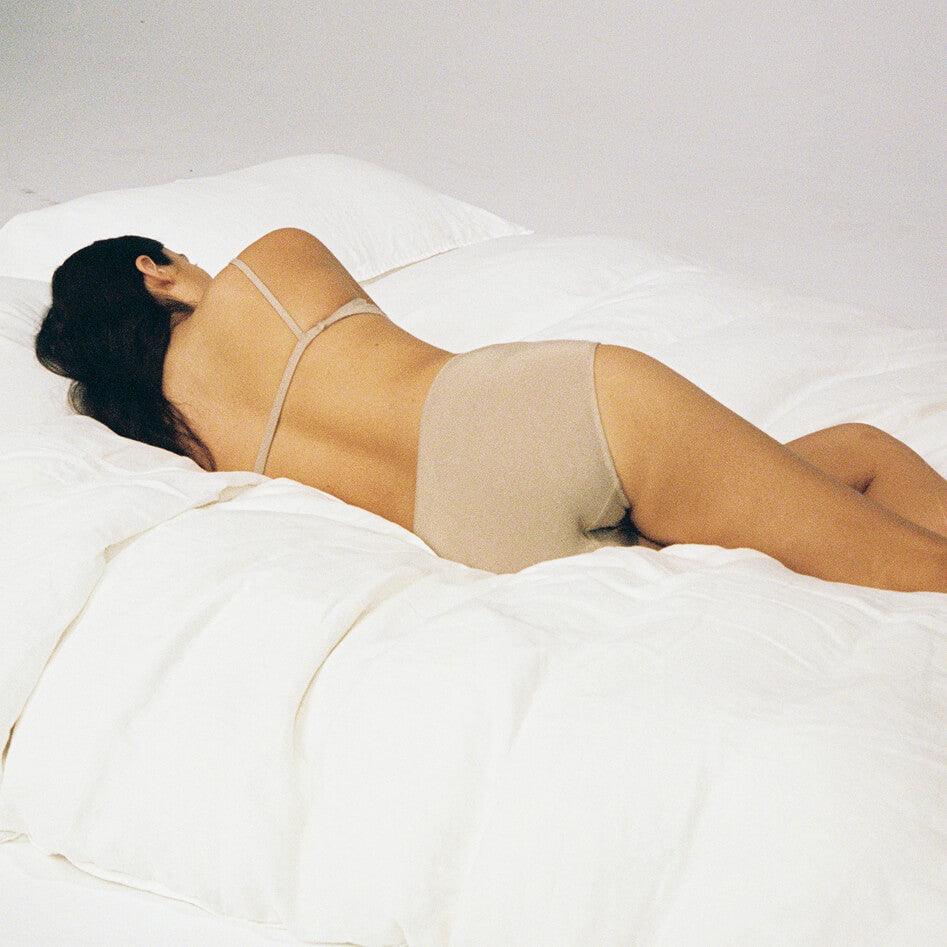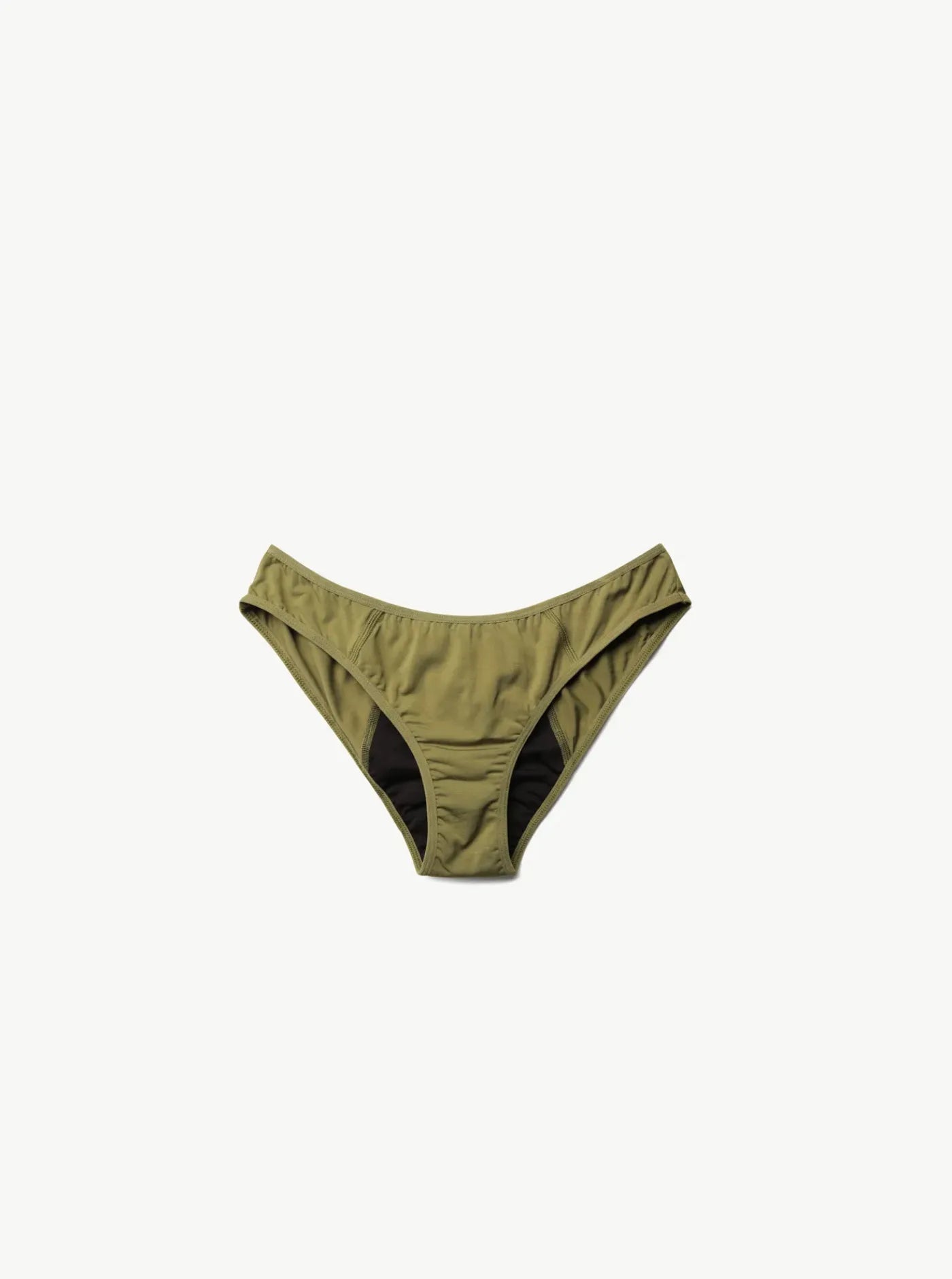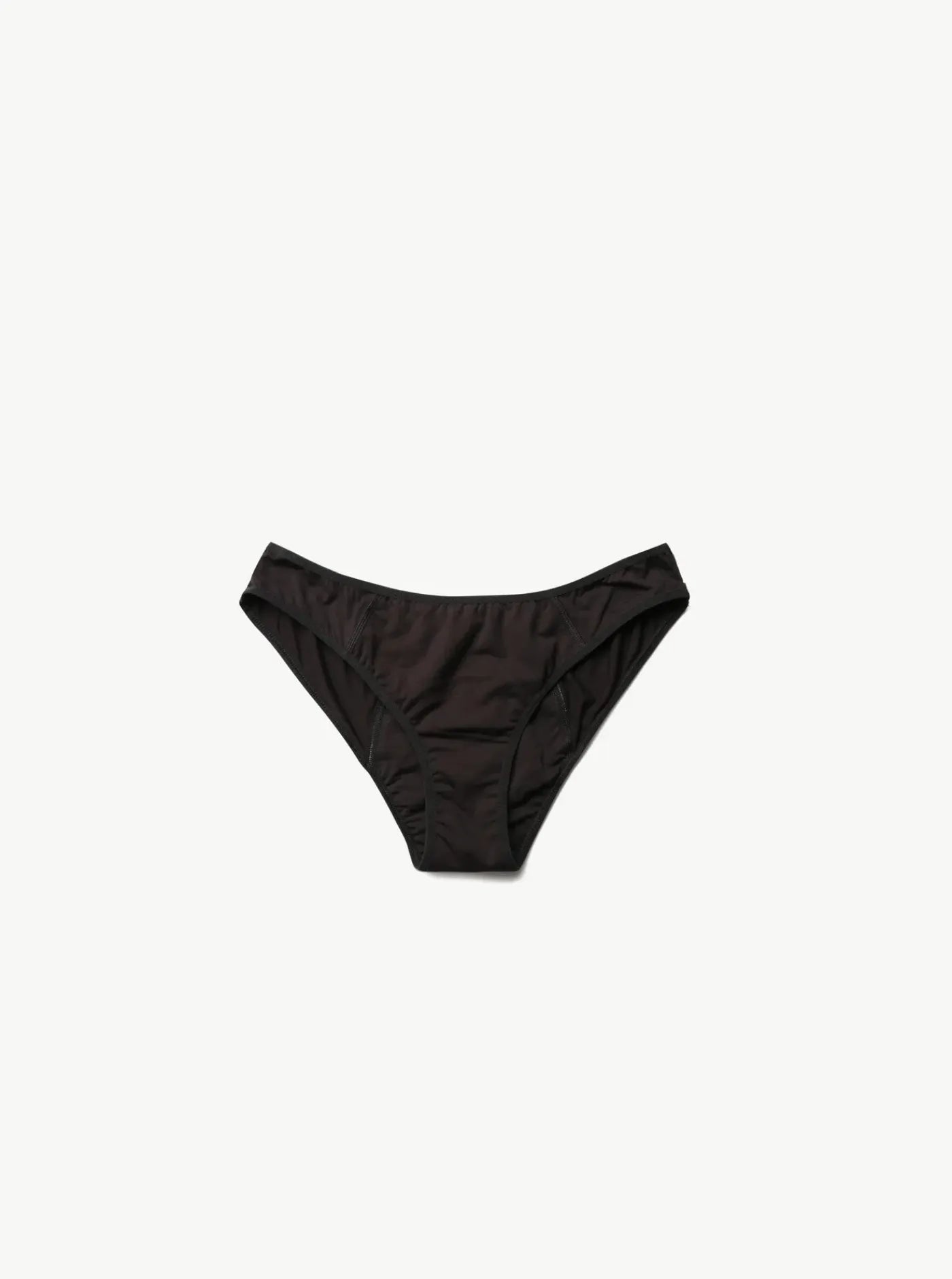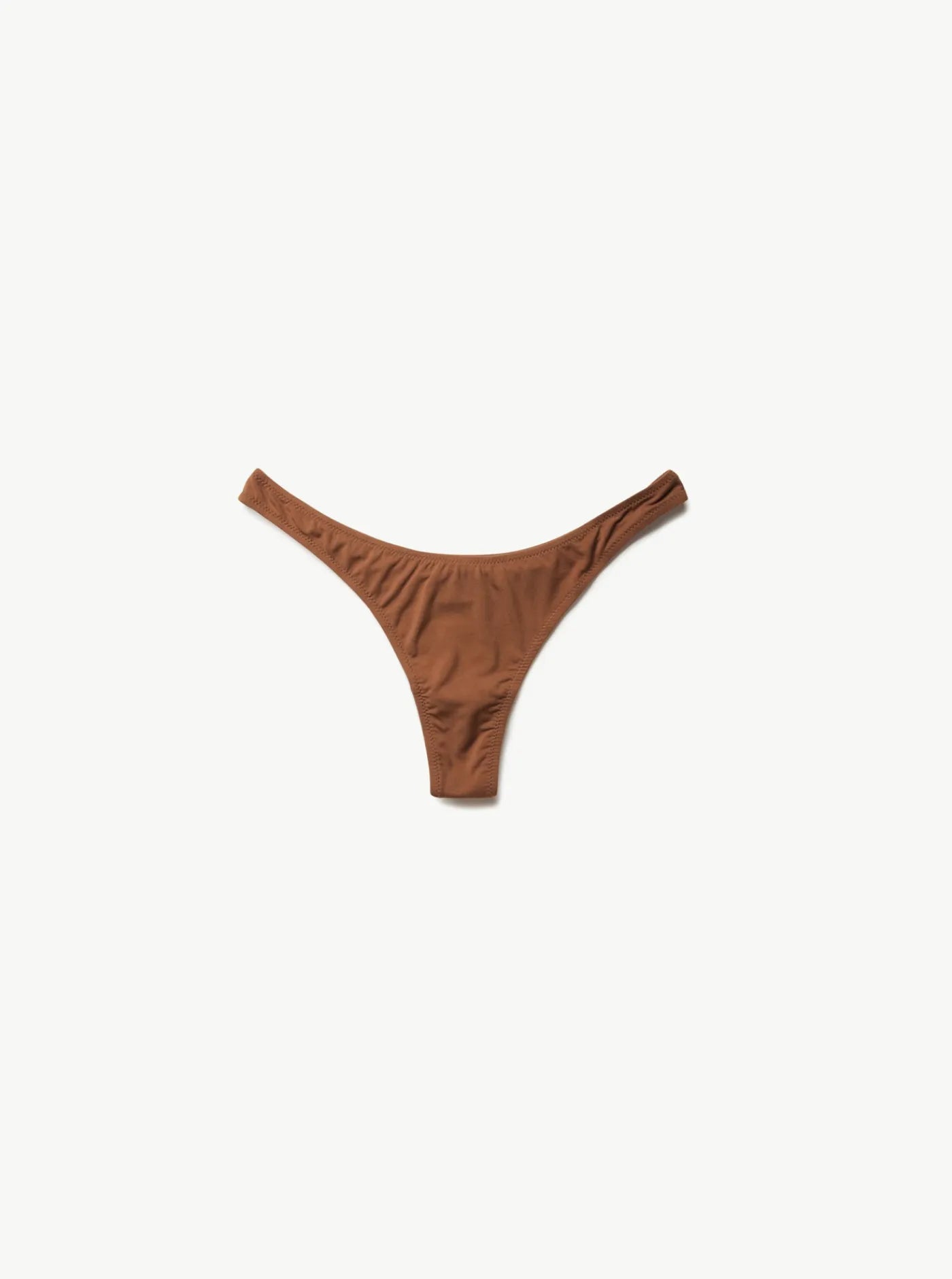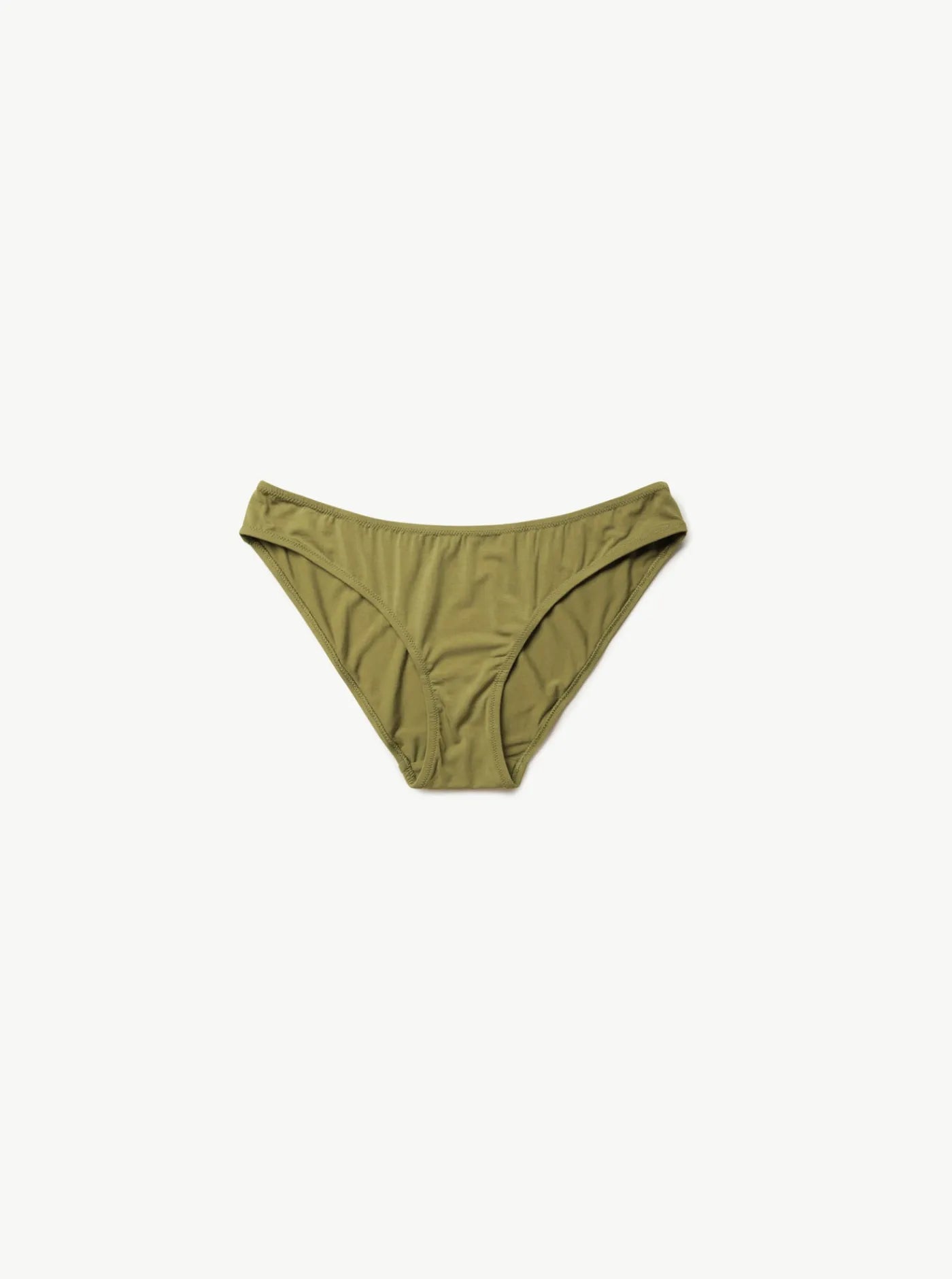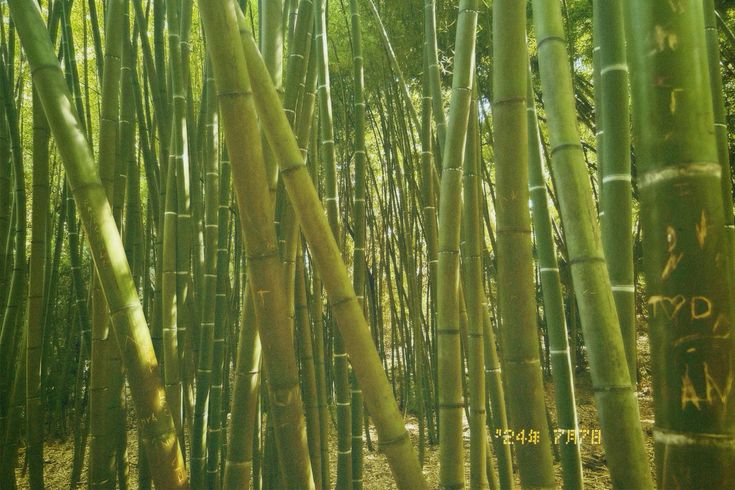Bamboo is often celebrated as one of the most sustainable materials out there. It grows quickly, needs little water, and doesn’t rely on pesticides to thrive. But when it comes to bamboo fabrics, not all are created equal.
Two of the most common forms you’ll see are bamboo viscose and bamboo lyocell. Both start with the same plant, but the way they’re made — and their impact on the planet — are quite different.
Bamboo Fabric: Viscose vs. Lyocell
The difference between a genuinely sustainable bamboo fabric and one that’s not so planet-friendly usually comes down to how it’s made.
Bamboo Viscose (also called bamboo rayon) is the most common form you’ll find. While it starts with bamboo pulp, the production relies on a heavy chemical process involving solvents like carbon disulfide — a toxic compound that poses serious risks to both the environment and the health of factory workers. Unless strict waste management systems are in place, the impact can be far from “green.”
Bamboo Lyocell is a different story. The production process uses a closed-loop system where water and solvents are captured, cleaned, and reused — rather than being dumped into waterways. The solvent used, NMMO, is much safer and is recovered at a rate of around 99%, making this process far gentler on the earth.
Why Lyocell is the Sustainable Option
Choosing bamboo lyocell over bamboo viscose helps avoid the pitfalls of greenwashing and supports a more genuinely sustainable cycle:
- Closed-Loop Manufacturing
Water and solvents are recycled rather than discarded, reducing pollution and waste.
- Safer Solvents
Lyocell uses non-toxic solvents, unlike viscose, which relies on more harmful chemicals.
- Better for Workers, Better for Earth
Safer production methods mean less harm to people involved in making the fabric, and fewer chemicals released into surrounding environments.
- Durability & Comfort
Lyocell isn’t just the cleaner option — it also creates a soft, breathable, and long-lasting fabric, meaning you buy less, waste less, and wear more.
Reading Past the Label
Bamboo itself is an incredible plant, but what happens between harvest and the final product matters. A label that says “bamboo” doesn’t automatically mean the fabric is sustainable — and that’s where greenwashing often sneaks in.
By understanding the difference between bamboo viscose and bamboo lyocell, you can make choices that reflect true care for both the planet and the people who make your clothes.
Read more about our sustainability.



